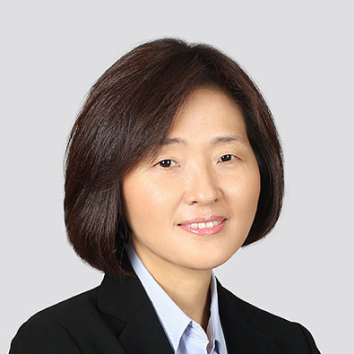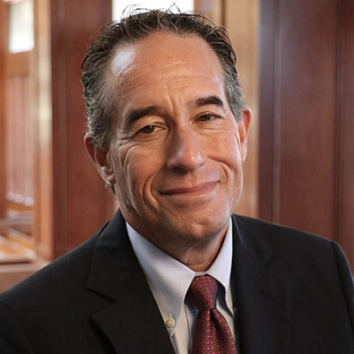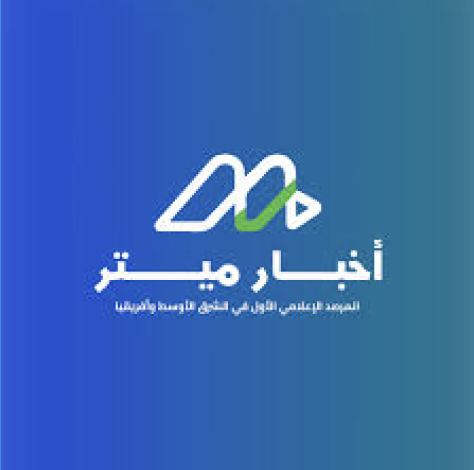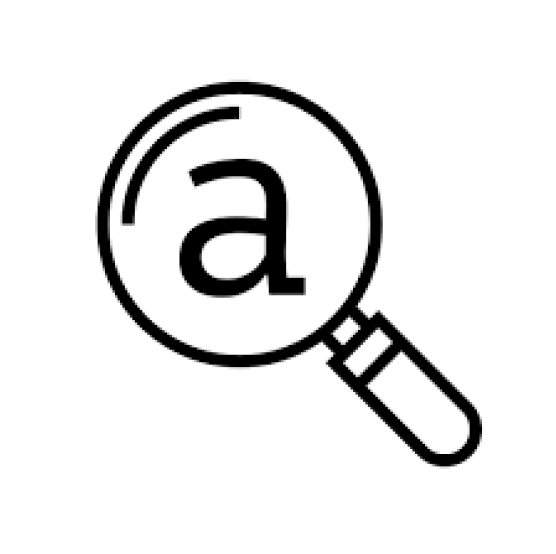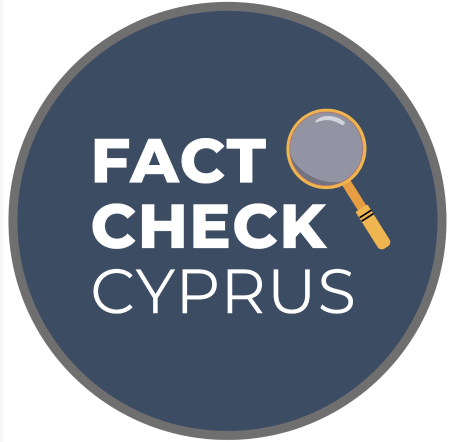Board members come from active verified signatory organizations and represent the geographical diversity of the network. They are pioneers in the development and implementation of fact-checking in their countries and regions. All board members are unpaid.
The Advisory Board's main role is to help oversee the verification process of the Code of Principles, but it is also consulted on all matters of other decisions that have an international relevance for fact-checkers. Independent board members do not cast votes for incoming applications to IFCN's Code of Principles while actively participating in all other decisions.
The role of the advisory board members in applying for the Code of Principle is fundamental because once the external assessors issue a recommendation on the applicant, the board votes. The organizations are approved after obtaining a majority of votes in favor.
Meet the Advisory Board
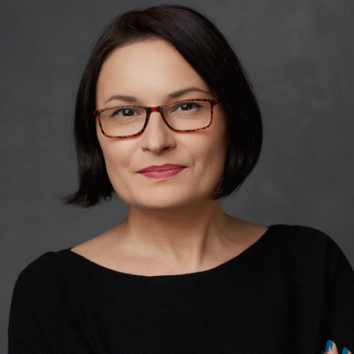
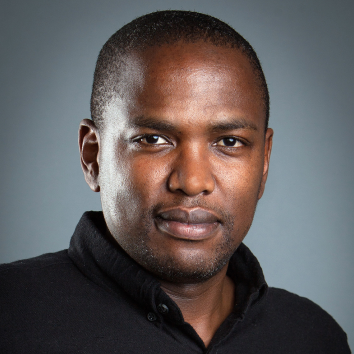
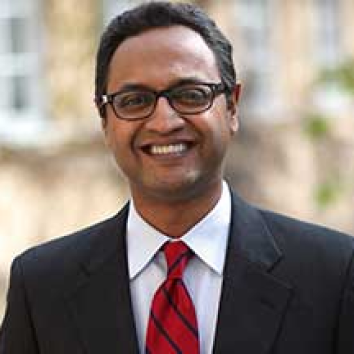
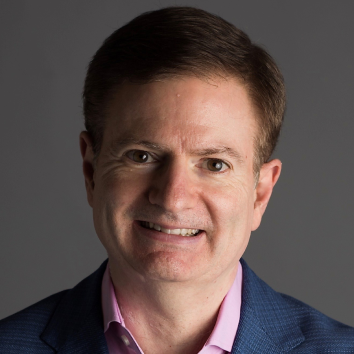
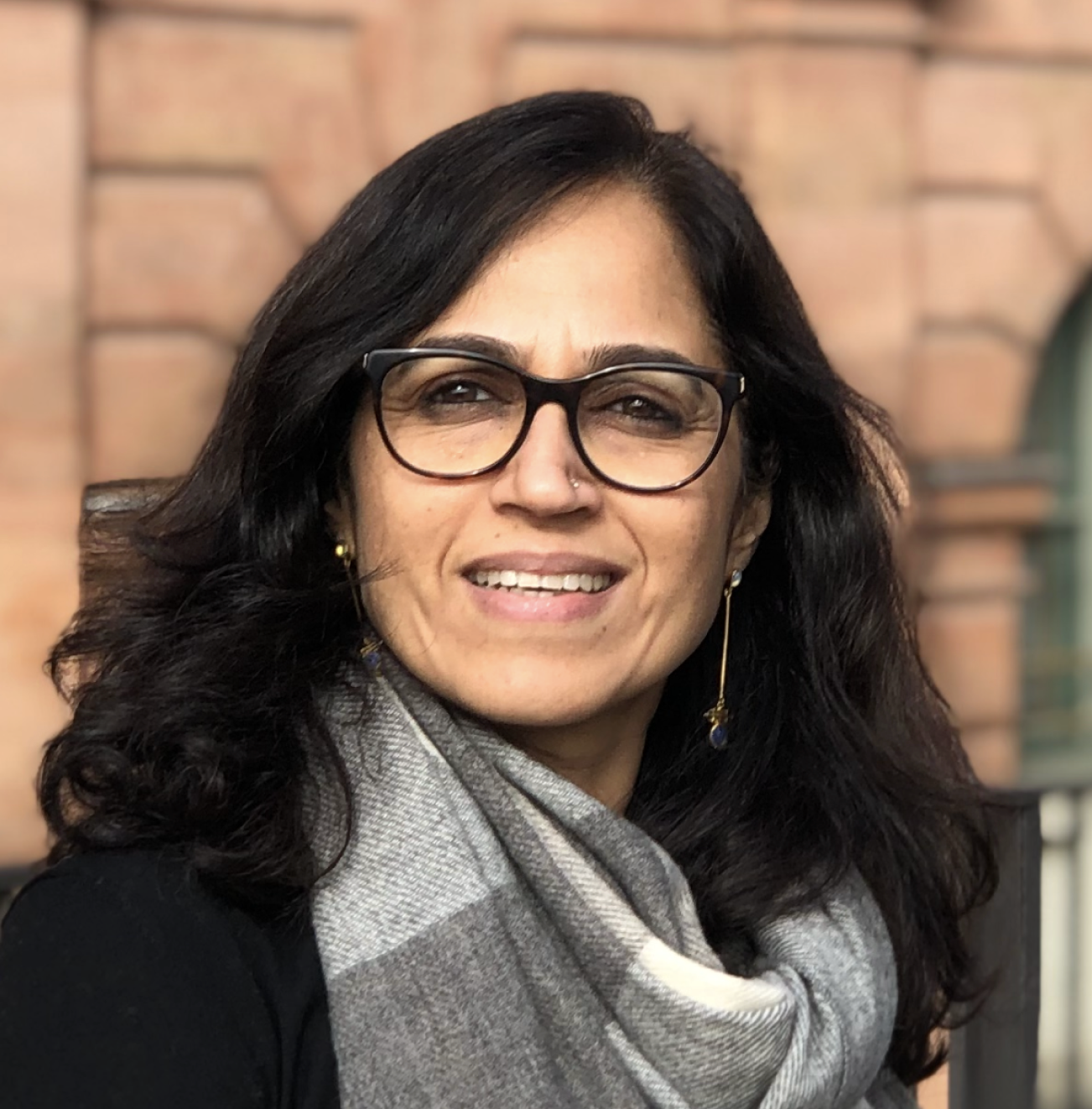
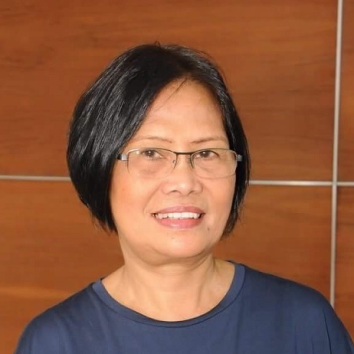
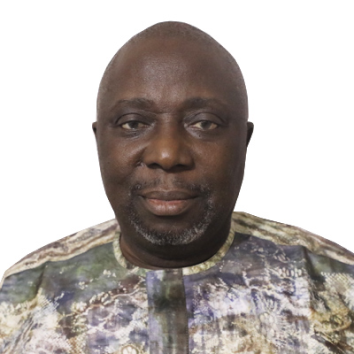
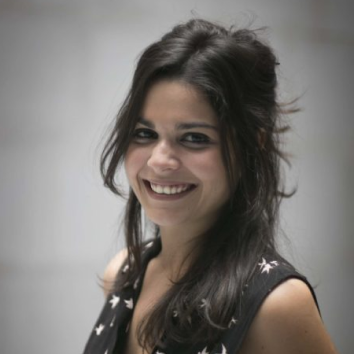
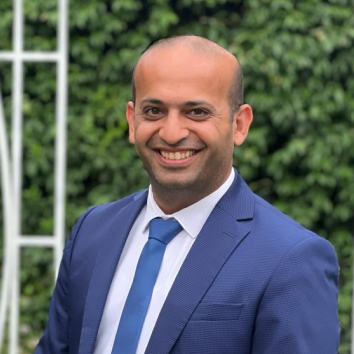
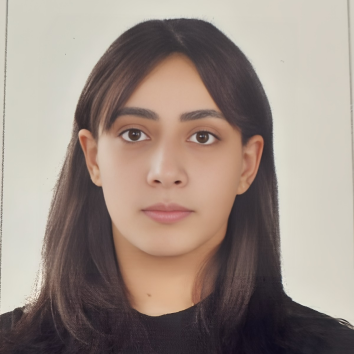

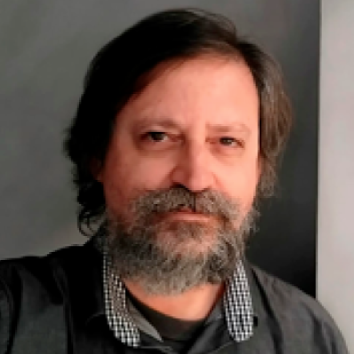
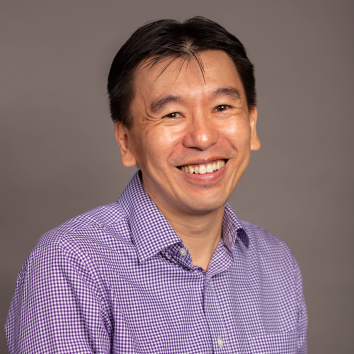
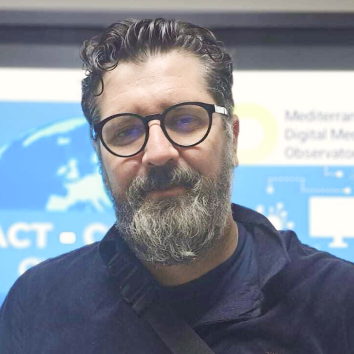

Independent Members
